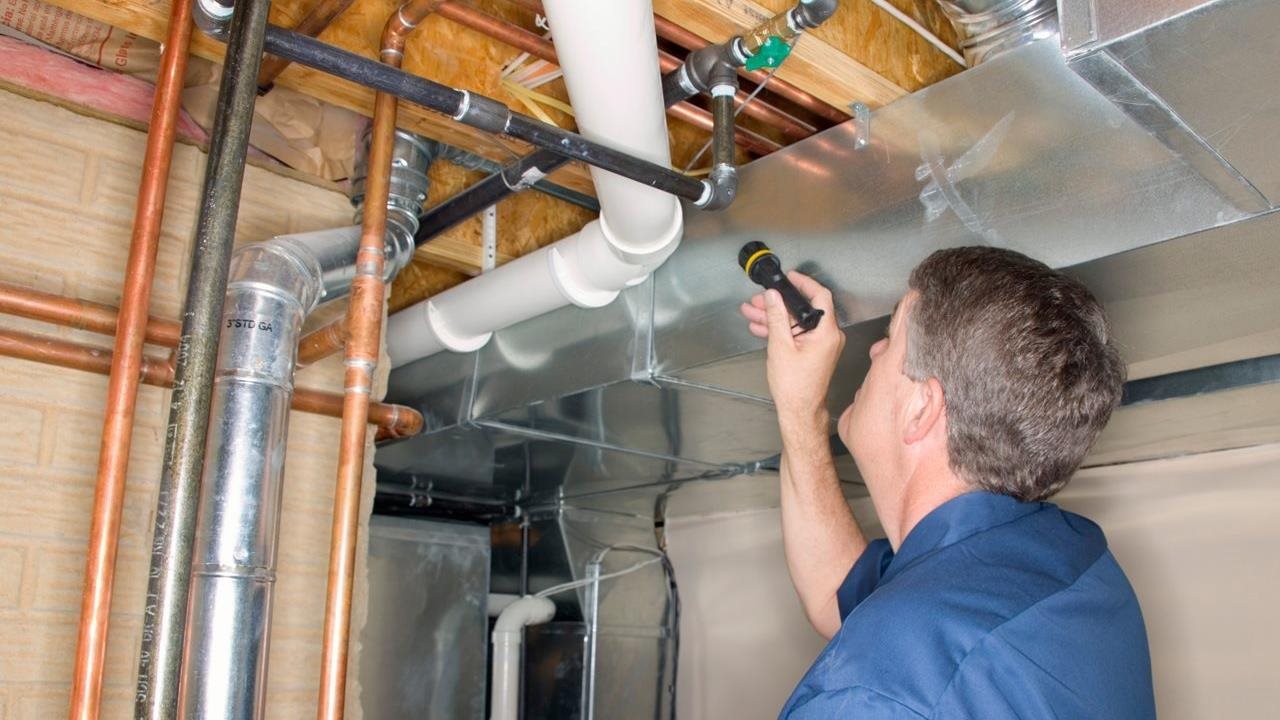
(BPT) – When many buyers purchased homes during the height of the pandemic homebuying frenzy, they may have skipped adding a home inspection in an effort to win bidding wars. While this may have worked out for some, others were hit with hidden problems and expenses that would have been discovered through a proper home inspection. A thorough inspection can reveal hidden issues with a property, allowing you to make an informed decision about whether to proceed with the purchase or negotiate repairs.
“A home inspection is one of the most important steps in the home buying process,” said Adam Bakonis, Mercury Insurance product manager for homeowners. “It helps protect the buyer from purchasing a home with undisclosed problems and then being saddled with costly repairs.”
Licensed home inspectors can help identify potential problems. For example, a home inspector may be able to identify whether a roof requires repair or replacement. They may also find evidence of structural damage from water leaks or rain water drainage issues or evidence of land movement that could indicate a property’s foundation lacks stability.
“I’ve inspected and repaired thousands of buildings that had damages due to earthquakes, landslides, poor engineering designs, and collapse issues from construction defects,” said Kyle Tourje, Structural Assessor for Alpha Structural. “The most obvious signs of structural or foundation damage is visible cracking in walls, ceilings or floors. Any sort of gaps or cracks on the outside of the house that catches the eye should also be noted. If someone who isn’t a trained expert can spot an uneven floor or substantial sloping, that’s a bad sign.”
Researching and creating a home inspection checklist before contacting an inspector will give you a general idea of what to look for. It can help identify significant issues and areas of concern in the house, which you can then discuss with the assessor. This can prepare you for any surprises that may arise and make you more informed about the condition of the home you are considering.
- Inspect the roof: Find out how old the roof is and ask questions about any damage or discoloration you see from ground level. Check to see if any nearby trees make contact with the roof as branches can cause damage to roofing tiles and falling leaves can easily clog gutters or impede the natural flow of water down the roof.
- Look for water damage: Water can rot wood, damage foundations and cause mold to grow. Look to see if anything would cause rainwater to flow onto or under the house. Rain gutters should be clean and direct water away from the property. Water stains on ceilings, walls or floors could indicate a roof or pipe leak. Check for leaks or water stains inside sink cabinets and make sure they drain properly. Bubbling paint on a window frame could be evidence of water intrusion and a poor seal.
- Foundation: Problems with the foundation could prove costly. Watch out for big cracks in the ground, raised foundation or large cracks along the wall. Pay attention to any trees growing close to the house since roots underground can cause damage that you can’t easily see.
- Smart technology: Confirm that any smart home devices left behind by the previous owner including thermostats, security measures and voice-activated systems can be easily cleared and reset for your needs.
- Note the age of the home: Older houses can be charming, but you might need to upgrade certain features. Original plumbing may need replacement and older windows may not be energy efficient. Wiring that has not been modernized could pose a fire hazard and may not be able to accommodate the multiple appliances and systems used in many homes today.
Tips for home inspection day
Bakonis offers some tips to get the most out of your home inspection:
- Be there. You don’t have to go to the inspection, but it is highly advised that you do so you can see any potential problems for yourself.
- Be prepared. Bring an inspection checklist and jot down questions to ask the inspector.
- Check for disclosures. Review any seller disclosures you received before inspection day. Be sure to ask your inspector to look at those areas and verify repairs.
- Let the inspector work. While you may have concerns, avoid unnecessary interruptions during the inspection process.
- Make sure there’s time to ask questions. Set aside some time with your assessor after their initial inspection to go over any questions you may have.
The home inspection process is a crucial step for both buyers and sellers. It provides buyers with peace of mind, knowing that their investment is sound and free of any major issues. For sellers, it can help prevent a deal falling through by being proactive and identifying problems that may require repair.
